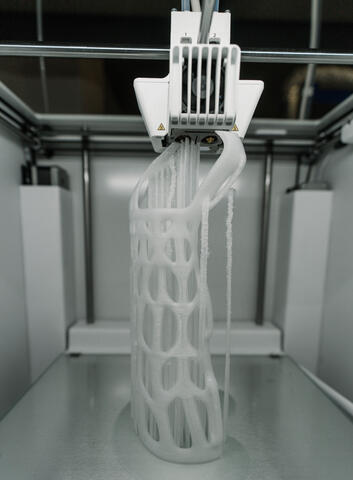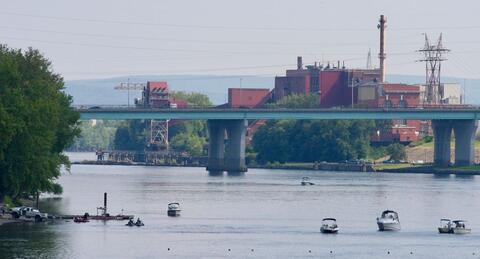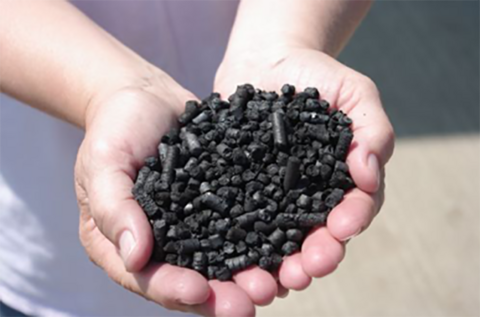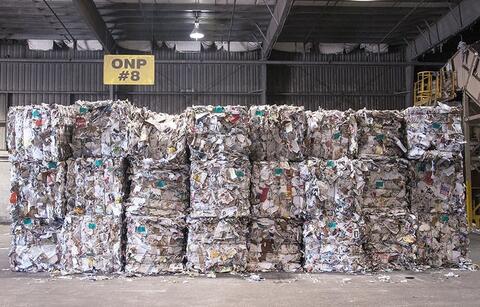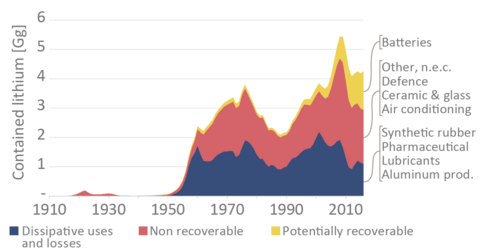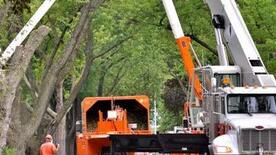Home
Welcome
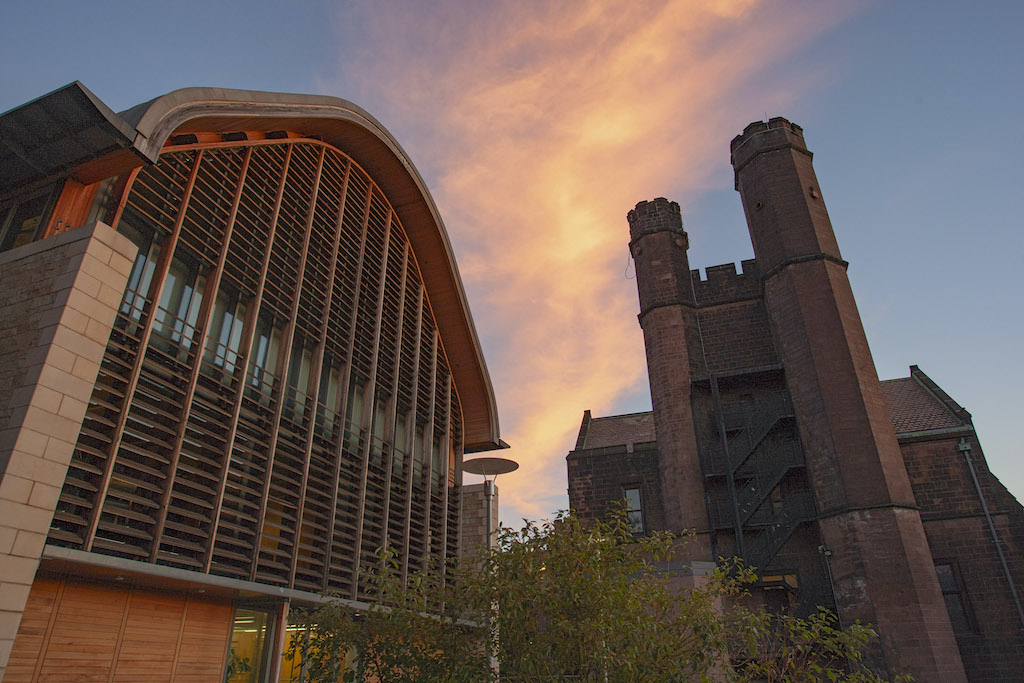
The Center for Industrial Ecology at the Yale School of the Environment was established in September 1998 to provide an organizational focus for research in industrial ecology.
The Center brings together Yale staff, students, visiting scholars, and practitioners to develop new knowledge at the forefront of the field. Research is carried out in collaboration with other segments of the Yale community, other academic institutions, and international partners.
Latest Projects
Journal of Industrial Ecology
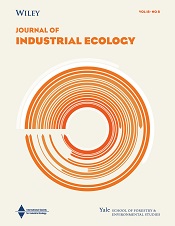
Read the latest issue of Yale University’s Journal of Industrial Ecology here >>
